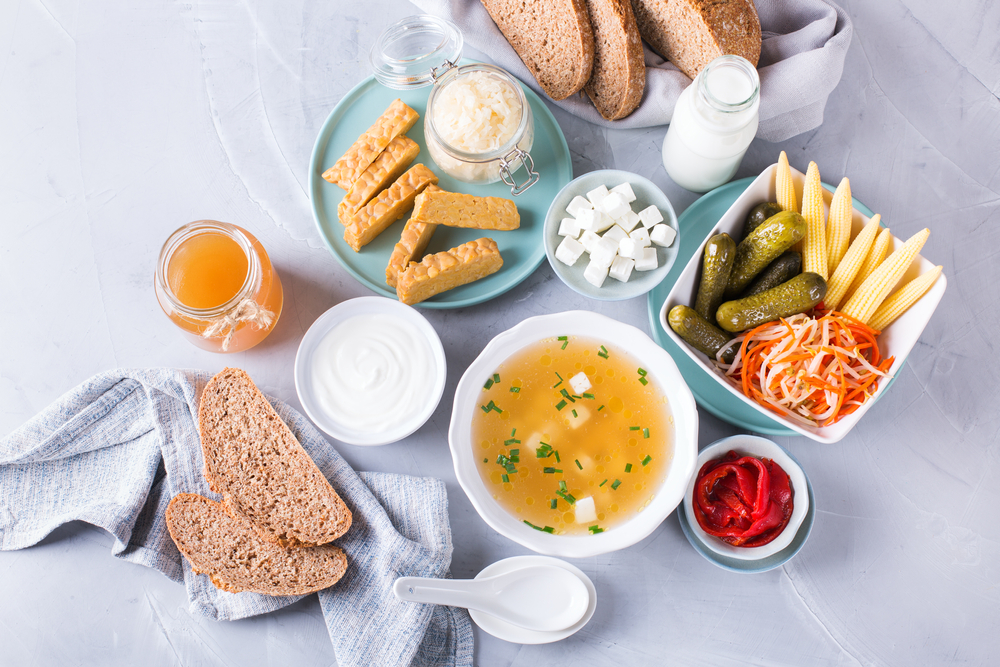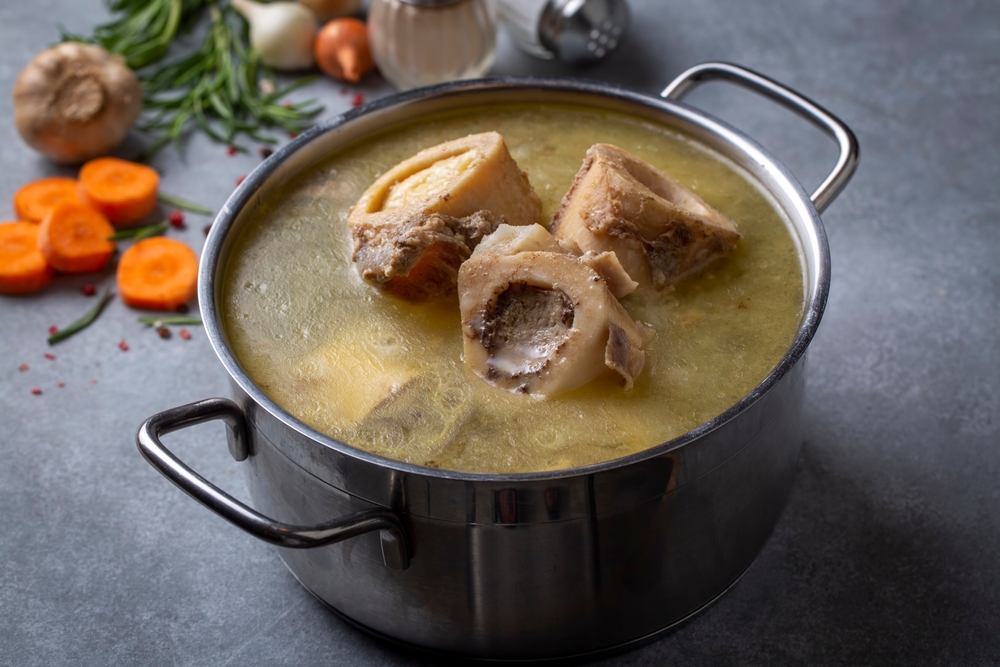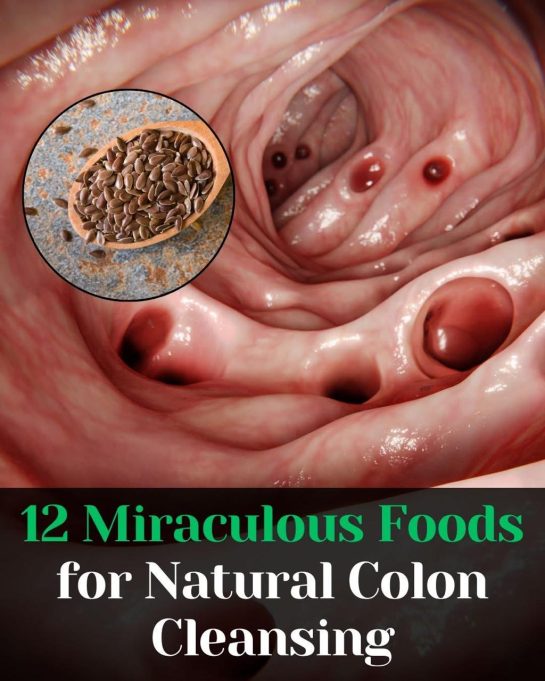
- Yogurt – Contains probiotics that aid digestion. Choose low-fat, unsweetened versions for the best benefits.
- Apples – Rich in pectin, which helps ease constipation and diarrhea.
- Fennel – Its fiber helps prevent constipation and bloating but should be consumed in moderation.
- Chia Seeds – High in fiber that supports gut health and bowel regularity.
- Papaya – Contains papain, which helps break down proteins and eases IBS symptoms.
- Whole Grains – Such as oats and quinoa, improve digestion and feed healthy gut bacteria.
- Beets – High in fiber, they promote healthy digestion but should be eaten in moderation.
- Ginger – Aids digestion, reduces nausea, and accelerates gastric emptying.
- Dark Green Vegetables – Full of fiber and magnesium, they improve bowel movements and promote good gut bacteria.
- Salmon – Rich in omega-3 fatty acids, which reduce gut inflammation and support digestive health.
- Fermented Foods – Foods like kefir, kombucha, and kimchi are packed with probiotics to enhance digestion.
- Bone Broth – Contains gelatin that protects the digestive tract and reduces inflammation, aiding digestion.

Eat For Your Gut
Your gut health plays a huge role in your overall well-being. When your gut isn’t in good shape, it can affect your energy, mood, skin, hair, and much more. Try to stick to a balanced diet full of whole foods, especially fruits and vegetables. Go for organic when you can and steer clear of processed foods with hard-to-pronounce ingredients. This way, you’ll keep your belly happy, and your health will thank you!

